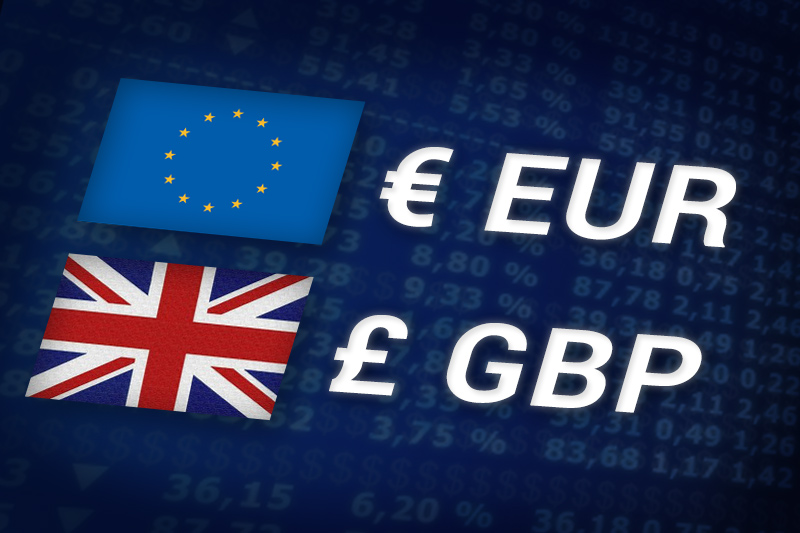Investing.com – The euro erased early losses against the pound on Tuesday, as risk appetite staged a modest recovery after Greece fully paid EUR769 million in bond coupons and after Japan indicated that it may buy more euro zone bonds.
EUR/GBP pulled back from 0.8677, the daily low, to hit 0.8715 during European late morning trade, inching up 0.02%.
The pair was likely to find support at 0.8669, Monday’s low and resistance at 0.8788, Monday’s high.
In an interview with the Wall Street Journal, Japanese Prime Minister Yoshihiko Noda said earlier that Tokyo was open to buying more bonds issued by the euro zone’s bailout fund, the European Financial Stability Facility, in an effort to support and stabilize European markets.
The euro weakened broadly earlier after Standard & Poor’s downgraded its debt rating on Italy by one notch, citing a weak outlook for economic growth and increasing political difficulties.
Meanwhile, talks to discuss whether Greece has done enough to qualify for its next tranche of bailout funds ended Monday without reaching an agreement. Greece’s finance minister said the discussions would continue late Tuesday, adding that some work still needed to be done.
The euro was largely unchanged after a report showing that the ZEW Institute's German economic sentiment index declined last month.
The ZEW Centre for Economic Research said that its index of German economic sentiment fell by 5.7 points to minus 43.3 September from a reading of minus 37.6 in August.
The euro also edged higher against the U.S. dollar, with EUR/USD easing up 0.08% to hit 1.3698.
Meanwhile, investors were beginning focus on the upcoming two-day meeting of the U.S. Federal Reserve, amid speculation that the central bank could implement fresh easing measures to shore up growth.
EUR/GBP pulled back from 0.8677, the daily low, to hit 0.8715 during European late morning trade, inching up 0.02%.
The pair was likely to find support at 0.8669, Monday’s low and resistance at 0.8788, Monday’s high.
In an interview with the Wall Street Journal, Japanese Prime Minister Yoshihiko Noda said earlier that Tokyo was open to buying more bonds issued by the euro zone’s bailout fund, the European Financial Stability Facility, in an effort to support and stabilize European markets.
The euro weakened broadly earlier after Standard & Poor’s downgraded its debt rating on Italy by one notch, citing a weak outlook for economic growth and increasing political difficulties.
Meanwhile, talks to discuss whether Greece has done enough to qualify for its next tranche of bailout funds ended Monday without reaching an agreement. Greece’s finance minister said the discussions would continue late Tuesday, adding that some work still needed to be done.
The euro was largely unchanged after a report showing that the ZEW Institute's German economic sentiment index declined last month.
The ZEW Centre for Economic Research said that its index of German economic sentiment fell by 5.7 points to minus 43.3 September from a reading of minus 37.6 in August.
The euro also edged higher against the U.S. dollar, with EUR/USD easing up 0.08% to hit 1.3698.
Meanwhile, investors were beginning focus on the upcoming two-day meeting of the U.S. Federal Reserve, amid speculation that the central bank could implement fresh easing measures to shore up growth.
